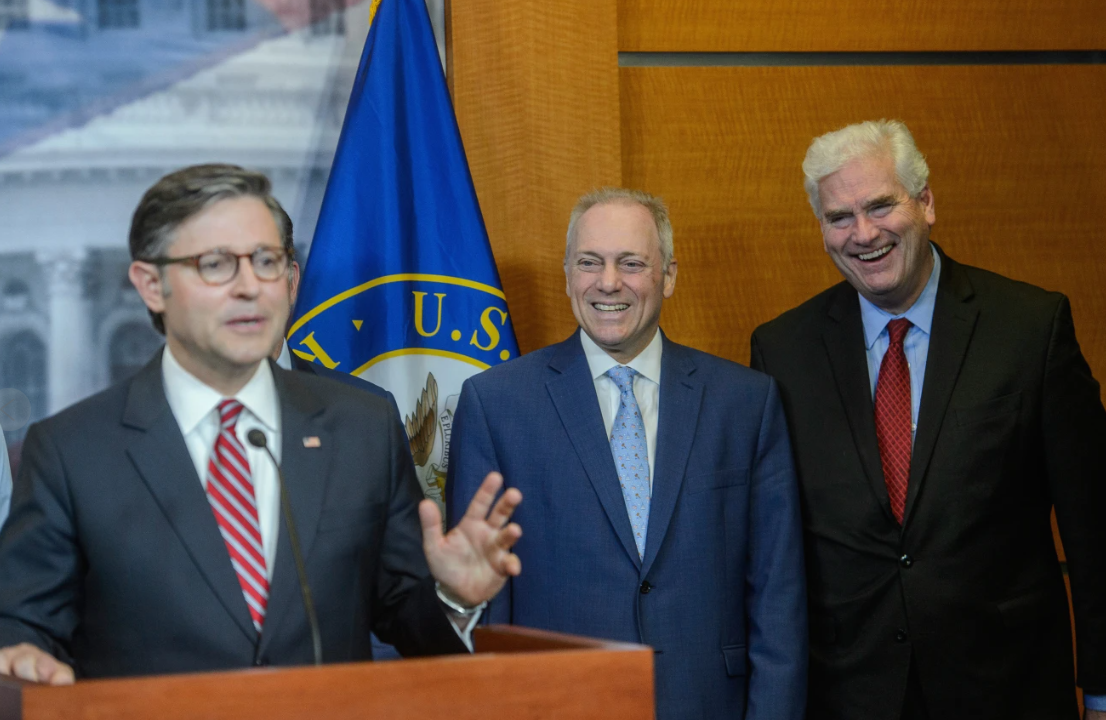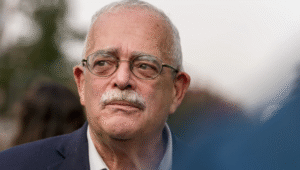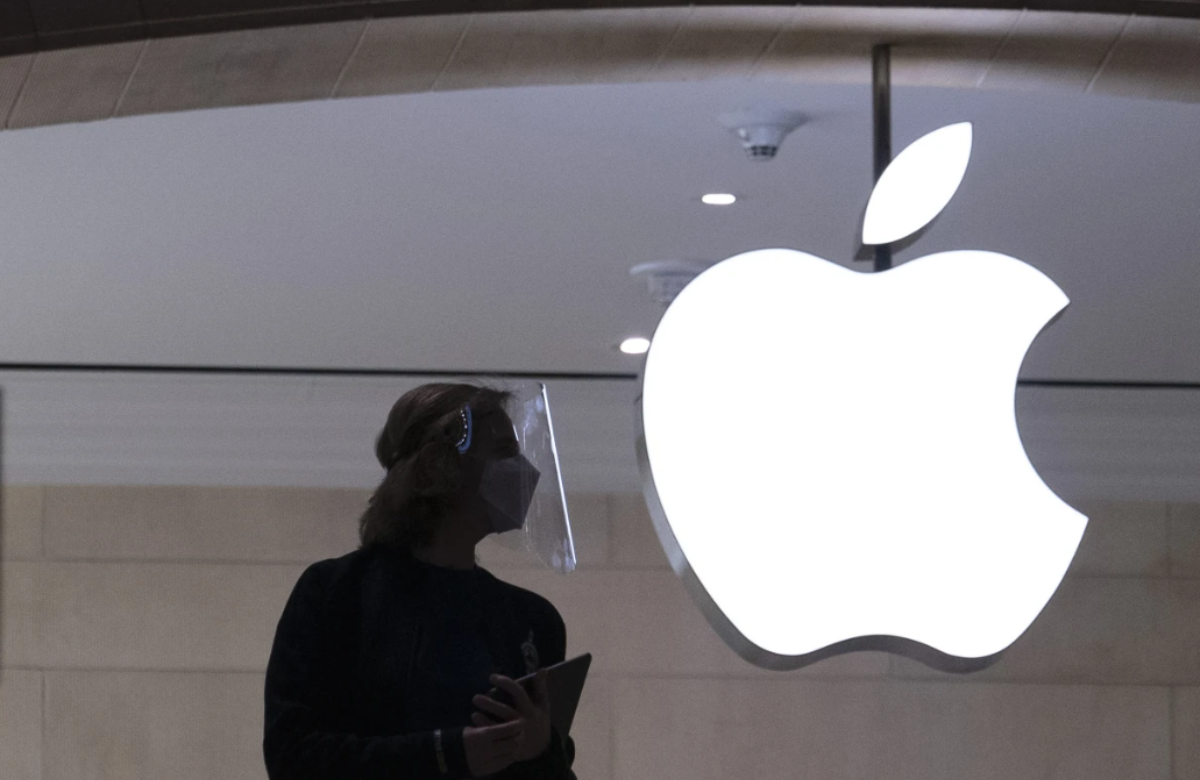House Republicans are preparing to vote on a plan this Thursday that would eliminate about $9.4 billion in spending previously approved by Congress. This move aligns with efforts led by the Department of Government Efficiency, which was once overseen by Elon Musk, and reflects the Trump administration’s goal to reduce what it views as wasteful expenditures.
The proposed cuts target foreign aid programs and funding for the Corporation for Public Broadcasting, which supports National Public Radio, the Public Broadcasting Service, and thousands of local public radio and TV stations across the country.
Republicans argue these funds are unnecessary and represent government waste, while Democrats contend that these rescissions will damage America’s global reputation and humanitarian efforts. “Cruelty is the point,” said Democratic leader Hakeem Jeffries of New York in response to the spending reductions.
The Trump administration is utilizing a seldom-used tool that allows the president to send a rescission request to Congress, asking to cancel previously allocated funds. Once the request is made, there is a 45-day period in which the funds are frozen while Congress considers the proposal. If Congress does not act within that window, the money is released as originally planned.
One advantage of this rescission process is that it only requires a simple majority in the Senate to pass, rather than the usual 60 votes needed for spending legislation. This means that if Republicans maintain unity, they can approve the measure without any Democratic support.
Officials describe this first rescissions package as a trial effort, suggesting that additional cuts may follow if Congress agrees. Republicans, mindful of concerns over increasing federal deficits caused by Trump’s tax and immigration policies, are eager to demonstrate fiscal discipline. However, the proposed cuts represent only a small fraction of the total annual federal spending.
The package includes 21 rescissions, with nearly $900 million pulled from $10 billion allocated for global health programs. Among these cuts are $500 million for infectious disease, child, and maternal health efforts, and $400 million aimed at combating the global HIV epidemic.
Additionally, the administration seeks to rescind $800 million—about 25% of the approved budget—for programs that provide emergency shelter, clean water, sanitation, and family reunification services for refugees and displaced persons.
Nearly half of the requested savings come from two initiatives focused on strengthening economies, democratic governance, and civil society in developing countries.
The Trump administration has also proposed rescinding nearly $1.1 billion from the Corporation for Public Broadcasting, which amounts to all funding scheduled for the next two fiscal years. Roughly two-thirds of this money supports over 1,500 locally owned public radio and TV stations, many serving rural communities.
Local public television associations warn that such cuts could force many stations to close, jeopardizing their role in providing emergency alerts, free educational content, and coverage of high school sports and community stories.
Global aid groups are also voicing concerns and urging lawmakers to reject the rescissions. Abby Maxman, president and CEO of Oxfam America, highlighted that previous aid cuts have already left vulnerable populations without critical resources like food and clean water, while demand continues to grow.
Representative Jim McGovern of Massachusetts stressed that foreign aid helps prevent conflict and promote stability worldwide. He warned that these cuts would cause devastating harm to the world’s most vulnerable and weaken U.S. influence at a time when countries like China, Russia, and Iran are increasing their global efforts.
Republicans criticized foreign aid spending, linking it to findings by the Department of Government Efficiency (DOGE), citing examples of taxpayer money used for climate change initiatives, pottery classes, and diversity, equity, and inclusion programs.
Rep. Chip Roy of Texas dismissed Democratic claims, saying, “If you don’t fund this long list of programs, somehow people will die and our global standing will crumble? Let’s reject that notion.”













